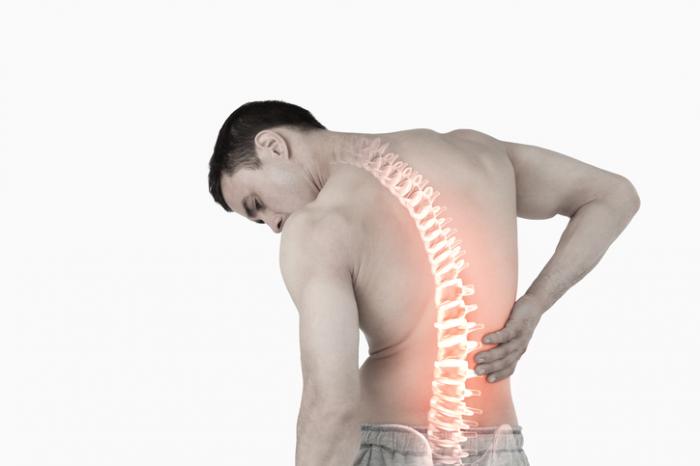As you age, your chances of suffering spinal stenosis rise. It strikes 1 out of every 200 people above fifty years. However, the illness may also affect young and middle-aged adults. Apex Spine and Neurosurgery’s seasoned practitioners address spinal stenosis in adults of all ages. They provide conservative therapy, specialize in minimally invasive treatments, and employ sophisticated surgery techniques. If you have any questions concerning your neck or back pain, get in touch with one of their clinics in Alpharetta, Bethlehem, or Roswell, GA. Get started today by scheduling the appointment with your Roswell spinal stenosis specialist by mobile or request online.
What Is The Cause Of Spinal Stenosis?
Spinal stenosis occurs when the space within the spinal canal reduces. Because the spinal nerves pass via the canal, stenosis almost always leads to pinched nerves.
Following an injury, you can acquire spinal stenosis. Nevertheless, it is usually due to a hidden problem, including:
- Vertebral slippage (spondylolisthesis)
- Herniated discs
- Tightened ligaments
- Bone spurs
- Facet joint arthritis
- Degenerative disc disease
These abnormalities cause the canal to narrow when they extend into it or result in a displaced vertebra.
What Symptoms Appear As A Result Of Spinal Stenosis?
Based on the area of the afflicted nerve, a pinched nerve might result in symptoms, which progress all along the course of the nerve, shooting into your legs or arms. Sciatica is a widely known example that happens when the sciatic nerve is crushed and results in severe pain radiating down one leg.

You may encounter the following symptoms if you have spinal stenosis:
- Numbness or tingling in your legs or arms
- Fatigue or weakness in your legs or arm
- Pain radiating down your legs or arms
- Discomfort from back or neck pain
- Leg cramps
- Having trouble walking
- Hand tremors
Spinal stenosis may develop wherever throughout the spine. Nonetheless, it is most common in the lower back (lumbar spine).
What Is The Treatment For Spinal Stenosis?
Your Apex Spine and Neurosurgery specialist will evaluate your symptoms and medical history, conduct a comprehensive physical examination, and request diagnostic imaging tests, including an MRI, X-rays, and even a myelogram at your first appointment.
Activity moderation, anti-inflammatory drugs, posture adjustment, and physical therapy may be part of your first treatment. To offer more pain relief, unlike oral drugs, some individuals may necessitate an epidural steroid injection.
If your discomfort worsens, your doctor might advise you to undergo surgery to correct the root issue. A microdiscectomy or discectomy, for instance, may be required to address degenerative or herniated discs or surgery to fix bone spurs.
Your physician may recommend several techniques for spinal decompression. A laminectomy, for example, involves eliminating a small portion of the spine to allow the nerves more room. Following surgery to decompress the nerves or fix the root concern, you might require an artificial disc replacement or a spinal fusion to reestablish spine stability.
Patients across Georgia can benefit from board-certified neurosurgeons’ superior expertise and experience, as well as a team of caring, sympathetic support workers at Apex Spine and Neurosurgery. If you are experiencing continuous back or neck discomfort, contact the nearest office through mobile or book an appointment online.




